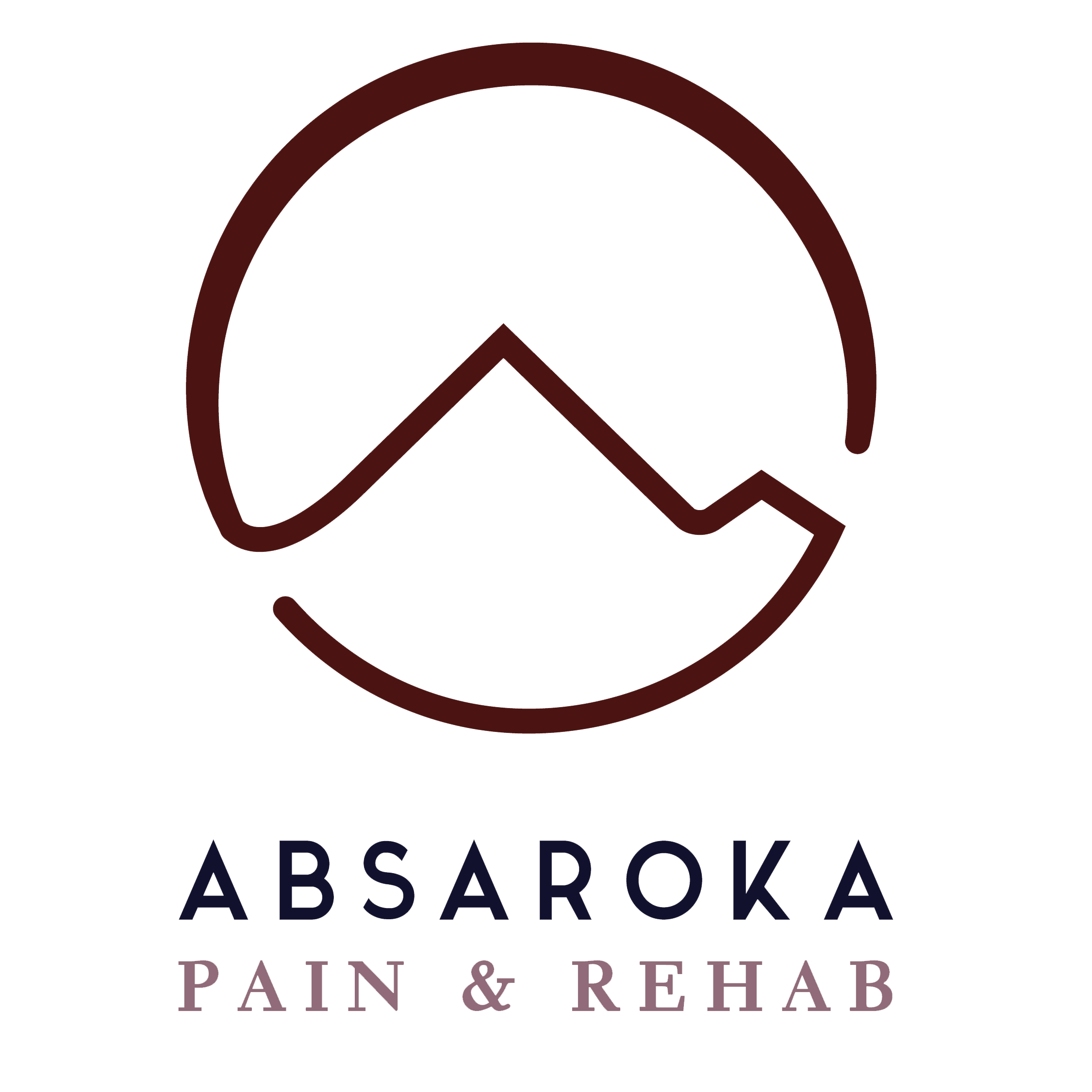We’ve talked a lot about how your Forward Head Posture can affect your body in a magnitude of ways—from back pain, to arm numbness, and even vertigo. Today we will be looking specifically at how Forward Neck Posture can be related to Temporomandibular Joint Disorder, more commonly known as TMJ. Forward Neck Posture can have a major impact on the neck and shoulder areas, resulting in discomfort and pain in the jaw as a manifestation of this issue. Unlike most chronic pain conditions, TMJ results a more prevalent rate among young people and affects about 5 to 12% of the population. Traditionally, women suffer from TMJ at a staggering rate of nearly five times that of men.
How Forward Neck Posture Affects Your Jaw
Before you can understand if Forward Neck Posture is causing your TMJ, you have to know what both TMJ and Forward Neck Posture look like. While it manifests in the jaw, TMJ is often due to tension and other parts of the body, mainly dysfunction in the mechanics of the neck and cervical spine. With Forward Neck Posture, the head tilts forward so that it is aligned over the chest as opposed to the shoulders. This puts a substantial amount of stress on the upper spine as well as the muscles surrounding it, as they are constantly working to pull the head back to neutral. This kind of posture is something that in today's world, nearly all of us are guilty of. This poor posture is most often the result of slumping over a device, such as a laptop, tablet, or smart phone. As our screen time increases, so does the severity of our posture. When the head leans forward, muscles along the neck become both overly tight in some areas, and overly stretched and weakened in other areas. All of this throws off the mechanics of your temporomandibular joint, resulting in TMJ.
What TMJ Symptoms Looks Like
TMJ will often present itself in the form of tightness of the jaw, clicking, popping, or grinding of the jaw joint. Those with TMJ often suffer from chronic headaches due to the amount of strain and tension taking place around the head and neck at such a constant rate. Those with TMJ may find that they have difficulty chewing, opening their mouth wide due to tightness, a ringing in the ears, facial pain, and even earaches. If you've ever experienced pain in or around the ear, a tenderness of the jaw muscles, jaw pain or soreness that is more prevalent in the morning or late afternoon, trouble chewing, or even sensitive teeth, you might be suffering from TMJ. While TMJ can also be caused by other factors, such as clenching or grinding teeth at night, Forward Neck Posture affects between 66 and 90% of the population and could very likely be related to any TMJ issues you are currently dealing with.
Treating Forward Neck Posture related TMJ
While TMJ can be debilitating, it is more than treatable with the proper care. While many people’s first inclination in treating jaw pain is to seek out the care of a dentist or orthodontist, (and while this can be helpful), often what needs correcting is more structural. We highly recommend seeking out the expertise of the physical therapist who can work with you on adjusting your posture and correcting your Forward Neck Posture for sustained improvement. A physical therapist will look at your unique case and determine what sort of therapy plan is best for you. Through treatment and diligent attention to your posture, you don't have to suffer from chronic TMJ. Our staff members are here to help with any questions you may have, and we encourage you to reach out to us today if you believe you may be suffering from any of these issues.
Check out what others are saying about our services on Yelp: Read our Yelp reviews.

